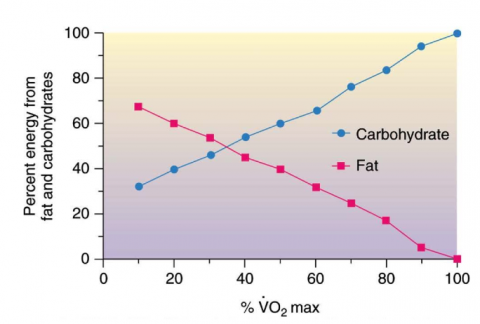Nutrition is one area of fitness and performance that many struggle with. Take for example the recent documentary Game Changers as an example. Since this film has begun to trend we're hearing of more and more people making the switch to becoming vegan or vegetarian. What this tells me is that the average person: A. Can be easily swayed by a Hollywood story i.e. James Cameron, Arnold Schwarzenegger and Jackie Chan produced and/or directed this documentary. B. Is seeking more or better results and is willing to make changes to achieve better results. Knowing that many don't have a background in nutritional science and want to achieve the best results was the inspiration for this piece. Oftentimes those seeking the best results may invest in a supplement and so we want to provide some direction on that end as well. As we evaluate the various aspects of nutrition we want to identify if there would be benefit to adding a supplement to the mix. We need to be on the same page as to what is a supplement and here is our criteria. Something that is in addition to and not in place of.Something that is morally and legally justified.Something that has 3rd party labeling to assure the quality. If a substance doesn't adhere to these three rules we, the coaches at Okanagan Peak Performance Inc., would not recommend it to our clients. Obviously it is possible to source many products that don't satisfy these three rules, and find coaches that may recommend them, but these are our rules. Now onto the nutritional guidelines. Step 1 - Energy Balance The first step is to determine is you are eating enough calories to support your goal. The last part of the sentence is key. If we want to change our mass we...
One Less Food for Better Health
- Chris Collins
- Nutrition Advice
- 1581 Hits
- 3 Comments
-
The body is a pretty amazing machine.It adapts to new environments. For example, in equatorial regions we develop more pigment to prevent burning. And in arctic regions we retain more bodyfat for insulation against cold weather.It responds quickly and measurably to stimuli. For example, step on a tack and you will reflexively flex the knee and or hip to pull away from the source of the pain. Or if you cause damage to the soft tissues of the body, which help to maintain strutural integrity, we will get an inflammatory response to provide more stability to the injured body part.For everything we subject our bodies to there is a reaction. Sometimes the reaction is obvious and external which allows us to take notice and make the connection. Falling asleep in the hot sun on vacation may result in a sunburn which is easy for us to recognize and connect the dots as to why we got burned.Other reactions in our body are harder to perceive.They may not be as immediate.Drinking 2 cans of soda a day as a young person may eventually lay the foundation for future diabetes issues. But at the time it is difficult to recognize the damage we are doing.I guess it's kind of like being a baby.We are not able to communicate our needs except through crying. And unless something is painful, such as a dirty diaper or hunger pangs, we may not cry at all, giving the impression that everything is alright.But absence of pain doesn't mean everything is alright.We can be putting stress and doing damage to our tissues and organs without even realizing it.How can this happen?Well as long as we can 'get away' with a lifestyle or habit there is no reason to change it, is there?However when we discover there is a problem we always...
